Sign Up For Updates

Sorry, marketing cookies are required to view this form.
EOS/AAMI
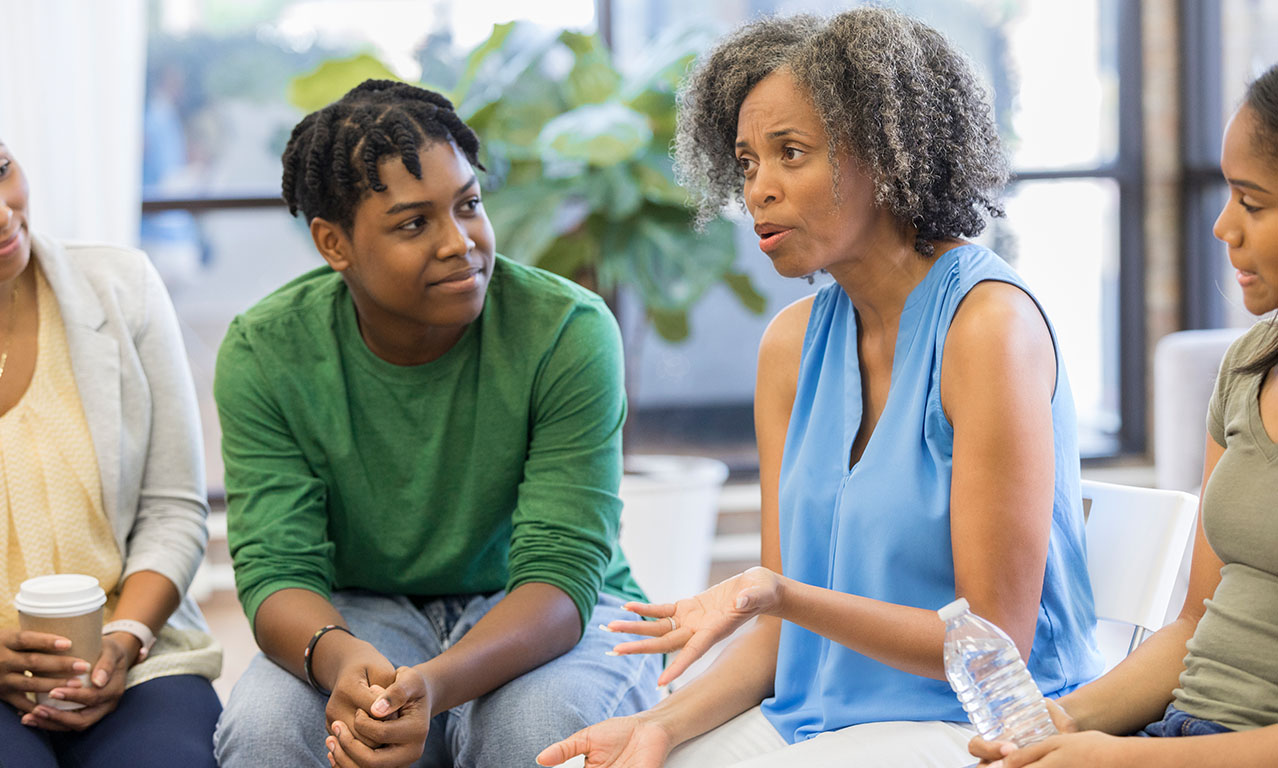
AAMI Seats Students at the Table
As an organization focused on increasing the representation of students of color and low-income students in AP and IB classes, EOS was forced to confront a challenging truth: their programs were falling short when it came to serving Black males.
To address this programmatic concern, EOS designed and implemented the African American Male Initiative (AAMI), an intensive weekly program for students and their teacher advocates. The goal was to foster healing and belonging by giving students “a seat at the table” in a series of workshops aimed at addressing the root causes of social injustices, discussing mental health, and fostering leadership skills.
As the pandemic disproportionately impacted Black communities, it surfaced oppression and neglect. Together with protests over the murders of Breonna Taylor, Daniel Purdue, Rayshad Brooks, and George Floyd, EOS-AAMI leaders and their partner schools committed to centering Black students’ lives, belonging, and healing-centered engagement at the heart of this back-to-school project.
Addressing Trauma
Leaders at Crete-Monee High School knew they wanted to address the trauma students faced from systemic racism and from the pandemic. The assistant principal of Crete-Monee depicted these layers of trauma with the image below. In addition to students missing out on transformative experiences like college visits and prom because of the pandemic, he explained:
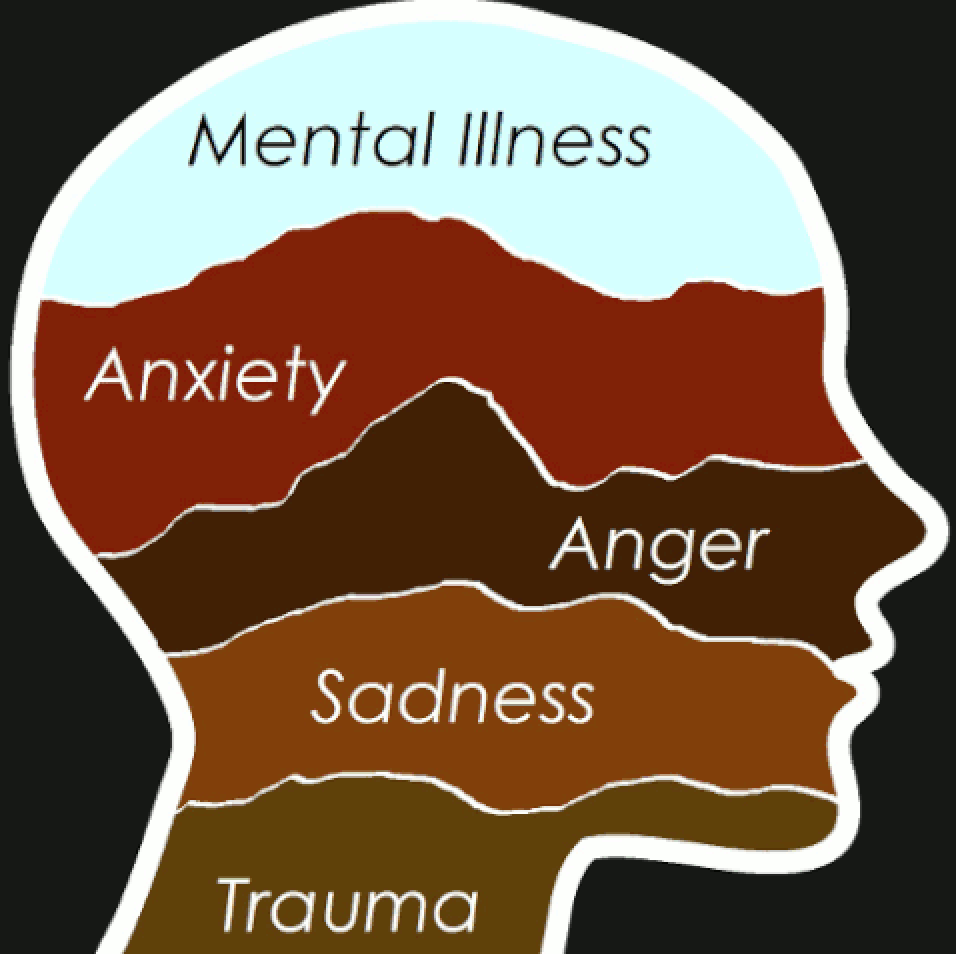
“When you’re dealing with financial trauma, when you’re dealing with the loss of someone, when you’re dealing with the anxiety of being Black, the anger that one could develop because they’re not getting what they want or what they expected, all those traumas build up.”
Healing-Centered Engagement
To help students address their trauma, this project adopted an approach that Shawn Ginwright called healing-centered engagement, influenced by Ubuntu philosophy. This healing-centered perspective views trauma as a collective experience and approaches students as “beyond ‘what’s happened to you’ to ‘what’s right with you’”. In addition to healing-centered engagement, the leaders of this project wanted to provide students with interpersonal, institutional, and instructional opportunities to help them feel a sense of belonging in their school community. This approach drove EOS and school leaders to focus on African American male students and the cultivation of their relationships with teachers and with their broader community.
The idea for the project built on EOS’s work to increase the representation of underrepresented students who take AP and IB courses in high school. As EOS Partnership Director, Marquise Roberson, recalled about the early meetings with Crete-Monee, “It transformed into this conversation about how to have really good relationships with students. We came up with this idea of sharing our stories of journeys to build relationships with students.”
The vision for Crete-Monee High School’s Black students aligned closely with the aims of EOS’s African American Male Initiative. AAMI fostered belonging and healing-centered engagement by mentoring students to be agents of their own wellbeing and participate in transforming the root causes of the trauma they faced. As one school leader put it:
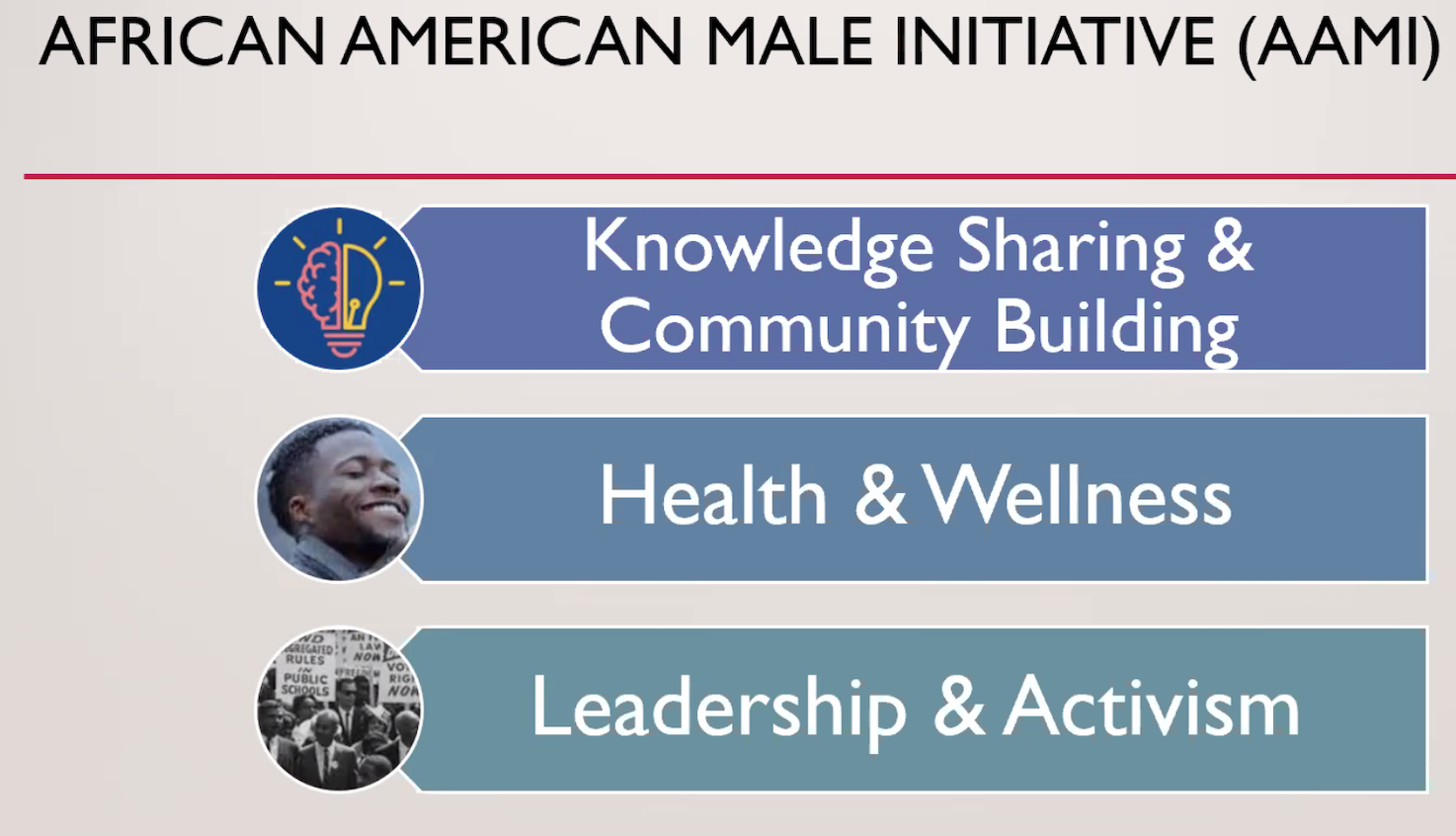
“I think it’s vitally important that even as we unpack with them their experiences, that we give them a real seat at the table, to be a part of constructing the uplift they need to take the next steps.”
Key Aspects of AAMI
The project focused on Black male students, who have historically been underserved in the educational system. AAMI leaders aimed to improve EOS’s organizational impact on African American Male students’ experiences of schooling, “with a focus on opportunities for AP/IB enrollment, classroom belonging, and other key outcomes.” While the focus was on African American male students, many of the project’s activities were available to all students in the school. The project drew from the collective expertise of EOS’s partners to address complex issues that faced students. Their partners included their own “Radically Imagining School Equity” (RISE) Initiative, Kingmakers of Oakland, ACE Academy, and New York City’s Office of Equity and Access. They relied on four activities to engage students:
- Weekly learning sessions. Interactive presentations offered students and teachers insights into topics such as “Loveful Pedagogy” presented by school leadership expert Marcus Harden; the history of youth-led movements, such as the Philadelphia School student protests presented by EOS leadership.
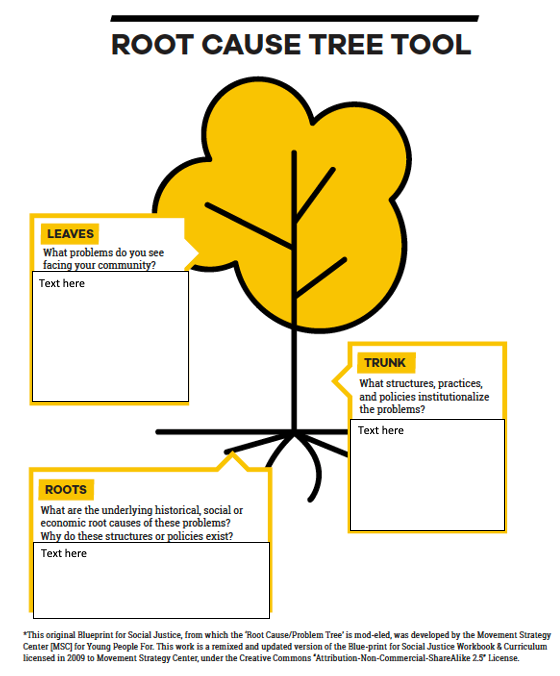
- Mental health group discussions. Facilitated by licensed therapists, Dwayne James from New York City and Quinton Bonds from Minneapolis, who specialize in racial identity and youth, students learned about mental health disparities prevalent in Black communities. Students also participated in small group discussions about their own experiences of trauma. Upcoming monthly mental health discussions will cover topics such as anxiety, body dysmorphia, toxic masculinity, and depression.
- Leadership support for students. AAMI student ambassadors were selected to help engage schools in a call to action. They received training to organize against racist practices in a series of fight against those root causes and were encouraged to apply to EOS for financial support to carry out their ideas.
- Trusted teacher advocates. Each selected AAMI student ambassador had the opportunity to identify a specific teacher to be their trusted advocate. Teachers hosted listening sessions to consider what the students could teach them and the rest of the school community. The teachers also served as mentors to share their journeys with students and offered advice on navigating pandemic-related struggles.
Impact: Iron Sharpening Iron
When students, administrators, and teachers were asked to identify words to describe what they hoped for themselves in school during the pandemic, their responses spoke of physical and material aspirations (e.g., health, strength, success) and improved inner states (e.g., peace, awareness, and dignity). While the impact on students’ material and physical wellbeing are yet to be seen, AAMI gave life to students’ hopes for inner healing toward “peace, “awareness,” and “dignity.” This resulted from the AAMI sessions and mentorships that engaged students in conversations, which focused on their mental wellbeing and allowed students to come together to express their collective frustration for being neglected. As one student lamented, “because minorities are labeled as troubled and they give up on us before we have a real chance to begin in life.” The AAMI sessions also taught them that they are more than their traumas, elevating their power as agents of change from a long line of activists.
One student noted that the project molded him to be “something great,” instilling in him an improved sense of self-worth, power, purpose, criticality, and solidarity. He said,
“I didn’t know much about my culture. I hadn’t seen too many people that look like me. So being able to have a reinforcement of more Black positive energy, it’s just really good.”
One school leader described the impact of the AAMI project as a honing process represented by an image he called Iron Sharpens Iron. He explained that the iron rod represented AAMI and the sharpness, its impact on students.

“When you have black men coming together weekly to give their knowledge, their wisdom, and present that on a weekly basis connecting all these people together is very strong. It allows our young men to come in and see other strong people presenting very positive information.”
In this project, EOS laid the groundwork for supporting students, but the long term impact of their work is still forthcoming as the students’ visions for a better world are in their hands. More immediately, for teachers and leaders at schools like Crete-Monee High School, a commitment has been made to set a permanent place “at the table” for students, as one leader argued, “I think it’s very easy for us to go into a conference room and talk about what students need, but we need to vet our ideas with the actual individuals [i.e., students] who can give us real feedback, and push our thinking.”
To learn more about the African American Male Initiative visit: https://eoschools.org/approach/action-for-equity/african-american-male-initiative/
MORE CASE STUDIES:
Jun 3, 2021

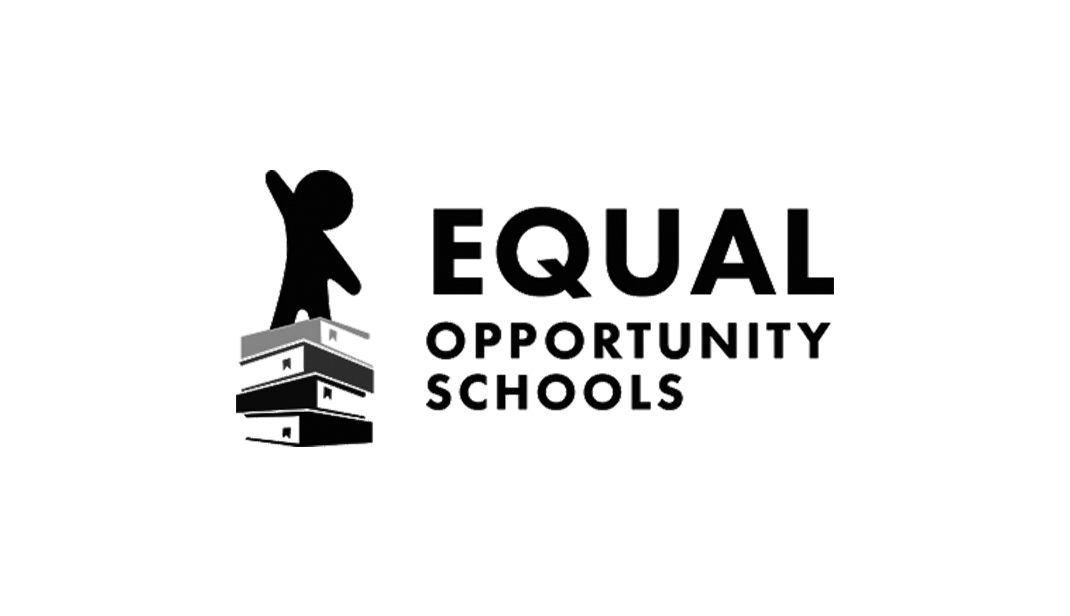
Visit
EOS/AAMIHighlights
We use cookies to help us improve the site and to inform our marketing and digital content efforts. If you choose ‘Don’t Enable,’ sites you’re logged into – like Facebook and Twitter – may still be able to identify you as a visitor to this site. Learn more.

